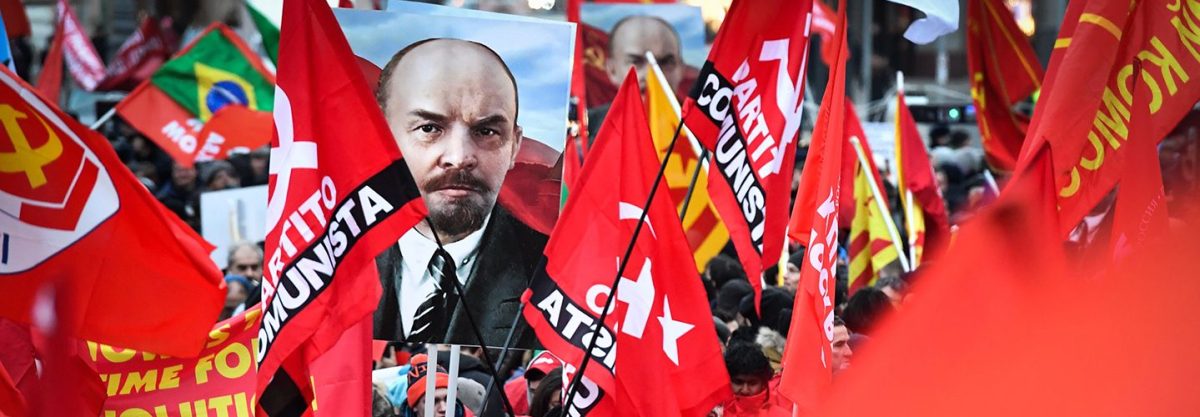A century ago, armed Bolsheviks seized the Winter Palace in Petrograd, now St. Petersburg. They arrested ministers of Russia’s provisional government and set in motion a chain of evens that ended with one million people dead. An essay in The Wall Street Journal notes that the revolutionaries captured train stations, posts offices, and telegraphs, so that when residents of the Russian capital woke up the next morning, they were living in a whole new political reality.
The Soviet state that resulted was based on atheism and was absolutely incompatible with Western civilization, The Wall Street Journal writes. The repercussions of the October Revolution had two major historical impacts. For one, in countries where communism came to stay, it wiped out individualism and made people proxies of the state. This included murdering people for the sake of wiping out the “individual conscience in survivors.”
But the Bolsheviks’ second influence was on the West. Communism created political confusion “that persists to this day,” writes The Wall Street Journal. The Bolsheviks wanted to exterminate the “bourgeoisie as a class,” and wanted to build a new communist society. This set the stage for decades of murder “on an industrial scale,” according to The Wall Street Journal. Millions also died in the wars, epidemics, and famines that were consequences of these new policies.
While these catastrophes happened, Western intellectuals turned a blind eye, according to The Wall Street Journal writes. Sympathizers said that the Soviet Union had nobel intentions. And many just felt indifferent, because capitalism was unjust, and maybe communism would end this injustice.
The Wall Street Journal writes that if there is one lesson to be learned from the past century of communism, it is that “the independent authority of universal moral principles cannot be an afterthought, since it is the conviction on which all of civilization depends.”
This article was featured in the InsideHook newsletter. Sign up now.
























